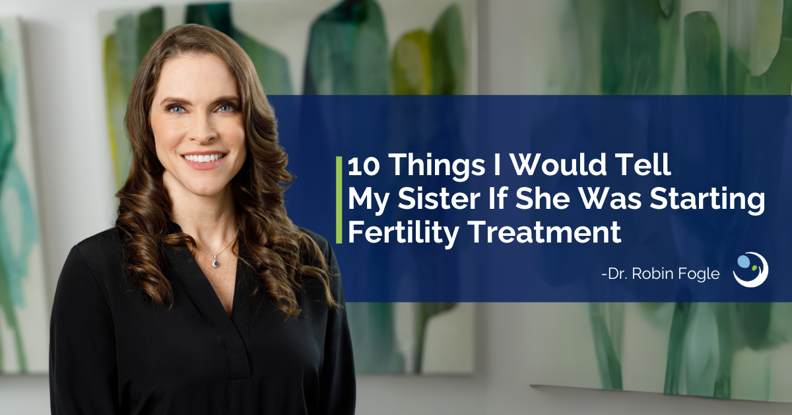What Is AMH?
- Category: Education
- Written By: Robin H. Fogle, MD, ACRM

The medical world communicates via acronyms: EKG, ECHO, CT, MRI... The field of reproductive endocrinology and infertility is no different. We've got FSH, LH, HSG, SIS, and SA, just to name a few. But one of the newest, and possibly most important, acronyms is AMH. Anti-mullerian Hormone. These three little letters tell us almost everything we need to know about the number of eggs a woman has left in her ovaries. And, in many cases, those three little letters, AMH, lead to three other (dreaded) little letters... DOR, Diminished Ovarian Reserve.
Anti-Mullerian Hormone
AMH is a protein secreted by special cells in the ovarian follicle (the cyst that contains the growing egg). The more eggs you've got, then the more follicles you've got. The more follicles you've got, then the more AMH you'll make. A high AMH indicates the presence of lots of eggs, and vice versa. So, you might think, I want a really high AMH. But it isn't that simple. If you have too high of an AMH, you might have an ovulation problem called polycystic ovary syndrome, and that's a different blog altogether.
What is a Normal AMH Level?
AMH levels vary with age. What is considered normal for a 38-year-old might be low for a 28-year-old? Most data suggests a normal AMH ranges from 1.0 ng/mL to 4.5 ng/mL.
Having a low AMH suggests two things: 1) You have fewer eggs left than someone your same age with a higher AMH; 2) If you undergo in vitro fertilization (IVF), your ovaries may not respond as well to the hormone shots resulting in fewer eggs retrieved. There is no conclusive evidence that AMH is related to egg quality. And a low AMH certainly does not imply infertility, especially in young women.
If you are considering delaying childbearing, it is reasonable to ask your gynecologist to check your AMH to evaluate “how many eggs you've got”. If your AMH is low for your age, discuss your fertility options with an infertility specialist.
For more information and to schedule an appointment, please call 678.841.1089 or click here.


